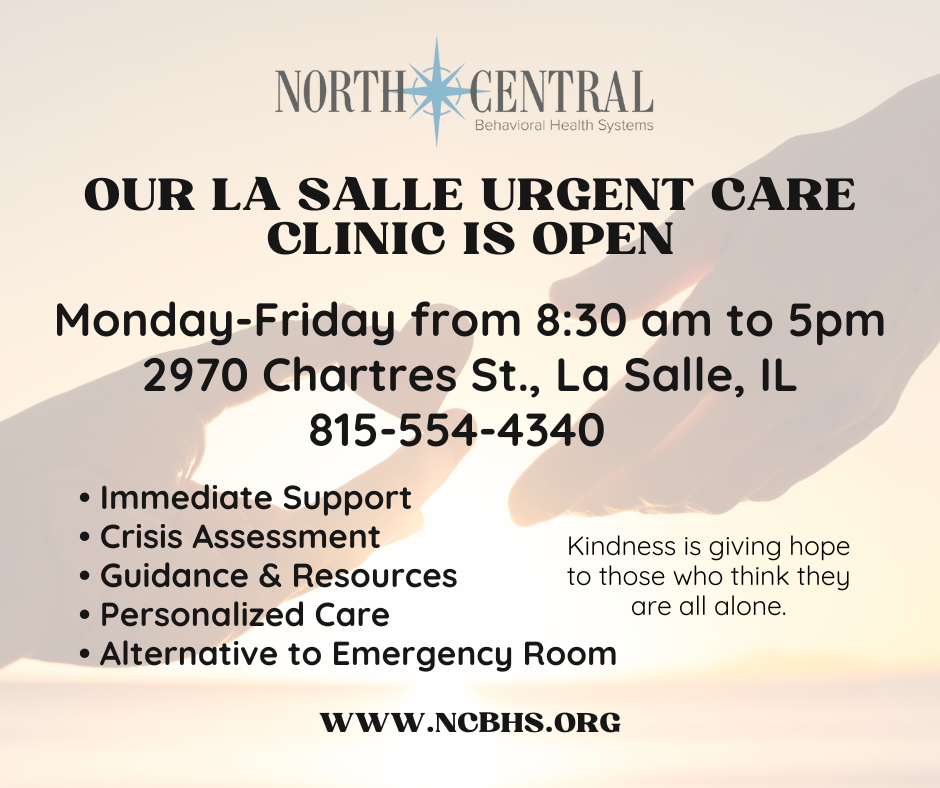
Mental health challenges are real—and you are not alone. Every year, nearly 1 in 5 adults and about 13–20% of children in the United States experience a diagnosable mental health condition. The good news is: support is available, and treatment can help.
Where you turn for care may depend on your age, your experiences, and the kind of challenges you're facing. But today, there are more resources and options than ever to help you find what works best for you.
Here are some things to consider when choosing mental health support:
Personalized and Flexible Care
You deserve care that meets you where you are. Mental health is not one-size-fits-all—and your treatment shouldn't be either. Look for providers or centers that offer a variety of approaches and take time to understand your unique needs.
Whether you're exploring short-term counseling or considering more structured care, the right provider will offer options and work with you to build a plan that fits your goals, lifestyle, and comfort level.
You might find care that ranges from weekly outpatient therapy to intensive programs that involve more frequent support. Most people fall somewhere in between, and that’s okay. What matters most is that your care feels right for you.
A Supportive Team Approach
Healing often works best when multiple perspectives are involved. While many people picture mental health care as just “talk therapy,” effective support can include a whole team of professionals.
Depending on what you need, your care may include psychiatrists, therapists, social workers, nurses, peer support specialists, and even case managers. These team members can work together to understand you fully—not just your diagnosis—and support your healing from different angles.
Look for programs that value teamwork, collaboration, and truly listening to you as the expert in your own life.
Family and Community Support
Mental health and substance use challenges don’t happen in isolation—they often impact families and communities too. That’s why some of the most effective programs include opportunities for loved ones to be part of the healing process.
If you're comfortable, including family or chosen support people in your care can help improve understanding, strengthen relationships, and build a shared path forward. This is especially helpful when trust has been strained or when families are also looking for tools to heal.
Treatment centers that offer education and family participating and input can help everyone feel more prepared, supported, and connected.
Continued Care for Long-Term Wellness
Healing doesn’t stop when the first stage of treatment ends. Ongoing support is key to helping you stay well, especially as you move back into day-to-day life.
Whether it’s regular check-ins, outpatient therapy, or support groups continued care helps you build resilience and stay connected. Ask potential providers about their aftercare planning—because you deserve support every step of the way.
Most Importantly, remember, you are not defined by your diagnosis. You are deserving of care that sees your whole self. Finding the right mental health services is a powerful step—and it’s okay to ask questions, explore options, and take the time you need. You don’t have to figure it out alone. Help is out there, and you’re worth it.
~Noelle Silker, LCSW, Vice Presidet/COO
For more information or to schedule an appointment, contact NCBHS today by visiting our Locations page or emailing info@ncbhs.org.
This article was first published in the Bureau County Republican on May 28, 2025


